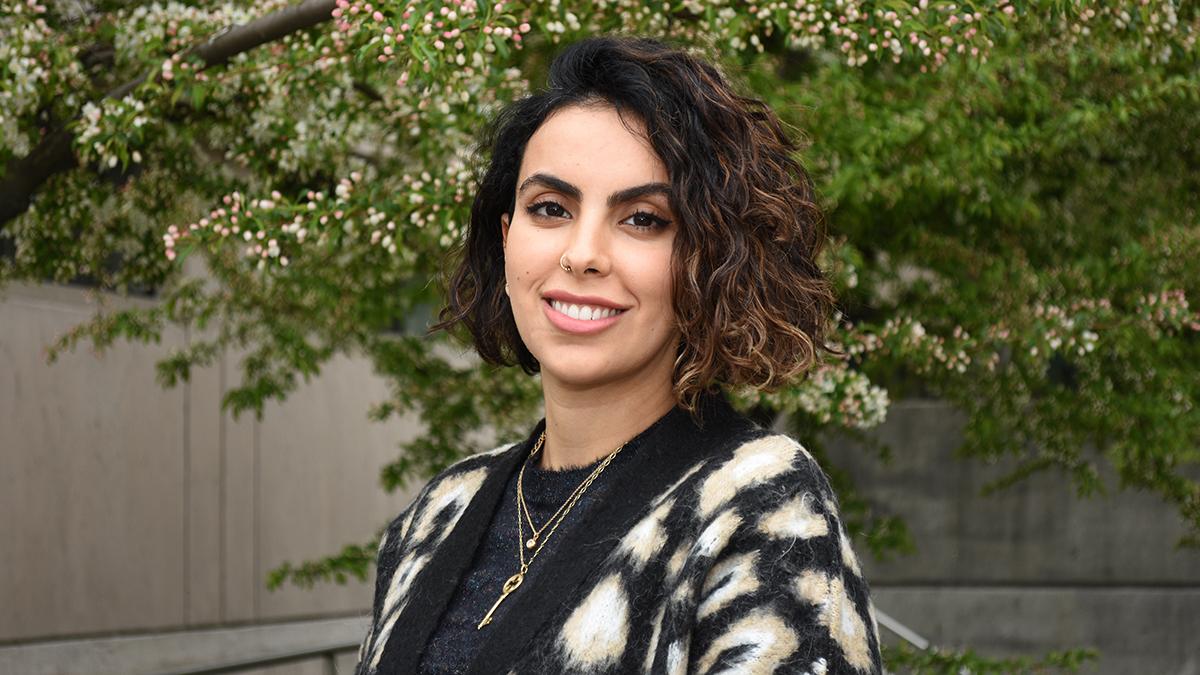Kholood Altassan
PhD, Environmental and Occupational Hygiene
Hometown
Riyadh, Saudi Arabia
Future plans
Assistant professor at King Saud University, Saudi Arabia.
“If I was going to spend this much time on a research project, I wanted to dedicate it to an area that doesn’t get as much attention.”
- Kholood Altassan
Kholood Altassan knew that she wanted to improve the health of people in her home country of Saudi Arabia even before she figured out exactly how.
“There’s less public health infrastructure there. That’s what got me most excited—that there’s so much that could be done,” she said. Altassan is being recognized this month as the 2019 Outstanding PhD student in the UW Department of Environmental & Occupational Health Sciences (DEOHS).
After graduating from medical school at King Saud University and earning a Master’s in Public Health at George Washington University in 2013, Altassan realized she wanted to do more research in infectious diseases and microbiology.
She began pursuing her PhD at the UW in Environmental and Occupational Hygiene. Still, it felt as if there was a piece missing until she took a DEOHS class on infectious disease and climate change that finally brought it all together for her.
Finding the right mentor
Now that she knew what she wanted to do, Altassan next had to find an adviser. Associate Professor Jeremy Hess had just arrived at the UW, too, and he gave the influential lecture on climate change and environmental health to Altassan’s seminar class.
“Not a lot of our advisers are willing to work in a foreign country they are not familiar with, but it was really important to me to work in Saudi Arabia,” said Altassen. As a global health researcher, Hess welcomed the challenge.
“People try to dissuade you about being stubborn about your idea and suggest latching onto whatever the faculty are already doing,” Altassan said. “But it was a personal thing to me, to do something in my country and to do something useful. Professor Hess supported that.”
Dengue fever in Saudi Arabia
Altassan had a specific project in mind: The head of Environmental Health in Saudi Arabia told her the country was struggling with dengue fever, a painful, mosquito-borne disease that can cause fever, failure of the circulatory system, massive bleeding and death.
“The first outbreak happened in the mid-1990s. Now it’s endemic and getting worse every year,” she said. Altassan wanted to investigate the potential connection between climate change and dengue, an area that had never been studied in Saudi Arabia.
“Her work is breaking new ground on multiple fronts,” Hess said: first, by looking at dengue emergence in the Middle East; then, by looking at the potential role of climate change in dengue’s emergence in that part of the world. And finally, by looking at the role of migration in the emergence and persistence of the dengue epidemic there—another little-studied area.
Tracking down the data
Getting the data to begin her research proved to be another challenge.
“Data collection isn’t the way it is in the US. Saudi Arabia doesn’t have a lot of widely available data sets, and there was a lot of bureaucracy to get what they did have,” Altassan said.
It took a lot of legwork and visits to multiple public health centers in two cities. “I got the information drop-by-drop, year-by-year,” she said.
Meanwhile, she had plenty of other work to do while waiting for the numbers to roll in. Altassan trained on new software and tested her data analysis with climate data sets. She ran regression models and put together a literature review paper for publication.
Her analysis so far indicates that climate is a factor that’s playing a larger role in the incidence of dengue.
Altassan will continue her research, as well as other environmental health projects, when she returns to King Saud University as an assistant professor in the family and community medicine department at the College of Medicine in fall 2019.




